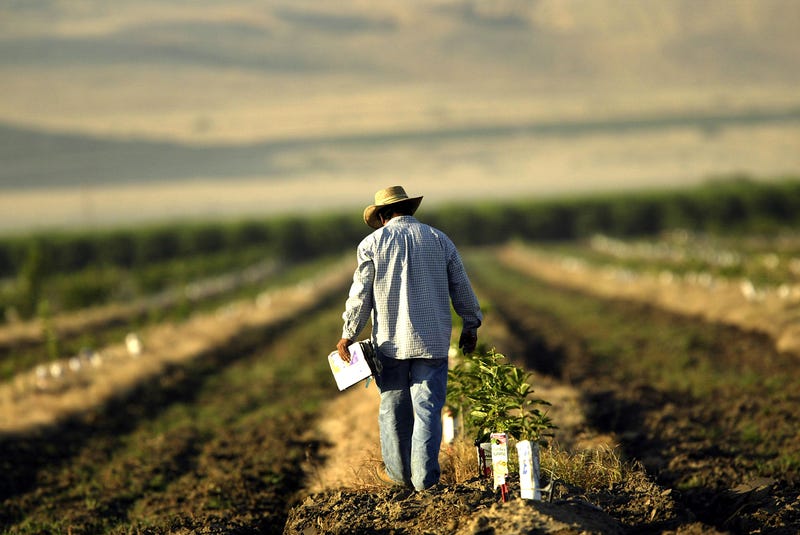
WASHINGTON – Congressman David Scott (GA-13), chairman of the House Agriculture Committee, and U.S. Department of Agriculture Secretary Tom Vilsack published a joint op-ed that appeared in the Atlanta Journal Constitution highlighting their efforts to reduce barriers to access in the agricultural industry, combat entrenched structural and systemic racism and create a more equitable and more just agricultural community.
IN CASE YOU MISSED IT
AJC Opinion: Creating equitable spaces in U.S. agriculture
Tom Vilsack and David Scott
September 10, 2021
Read the full op-ed here.
Key sections, below.
In partnership, we are striving for an agriculture sector that is prosperous for all by ensuring historically underserved producers are no longer ignored or left behind.
This past March, the House Agriculture Committee held its first-ever full Committee hearing in its 200-year history to discuss the state of Black farmers in our country. We shared the history of challenges and engaged in just one of many conversations to come on how to address the systemic barriers that have limited opportunity for Black, brown, indigenous and other underserved producers. Importantly, the Committee heard directly from Black farmers on the actions that must be taken to ensure that their operations continue to exist, while also creating new opportunities for the next generation of farmers.
As we continue to center the voices and experiences of underserved Americans, including those with disabilities, LGBTQ+, people of color and those who sit at the intersection of these communities to ensure they have seats at the proverbial table to co-create solutions to advance equity in agriculture – including through a series of listening sessions recently held by USDA – we are also taking immediate action.
For example, USDA’s National Institute of Food and Agriculture (NIFA) recently announced nearly $22 million in investments toward supporting agricultural research at the 1890 Historically Black College and Universities (HBCU’s) in our nation’s Land-Grant University System. Among the list of 1890 land-grant institutions to receive a portion of the funding from NIFA was Fort Valley State University in Fort Valley, Georgia. The project that was funded will focus on student experiential learning in agricultural artificial neural networks, or AGRI-ANN, through curriculum and infrastructure development.
This announcement from NIFA comes on the heels of Chairman Scott – who is an alum of an 1890 land-grant institution, Florida A&M University, and knows firsthand the transformative power of these universities in creating the next generation of farmers and agricultural leaders – having led the effort in Congress to provide $80 million in scholarship funding for the 1890 National Scholars Program just two years ago. He recently introduced additional legislation that would make this program permanent.
These initiatives only scratch the surface of the work that must be done to create opportunities across USDA and beyond. For example, USDA should have the tools and authorities to be a partner and ally to producers, not just a lender of last resort. It will take willful collaboration between the Department, Congress and the President to come to solutions that best serve all Americans.
These achievements are only lucrative when we choose to move toward the same goal – and the successful passing and ongoing implementation of the American Rescue Plan prove that it is possible. In Congress and at USDA, we share in our hope – and in our dedication – to confront the hard reality of past discrimination and its lingering harm and achieve long-lasting prosperity for all.

Listen to News & Talk 1380-WAOK on 1380AM, V-103FM (HD3) www.WAOK.com or download the Audacy App from www.Audacy.com.
